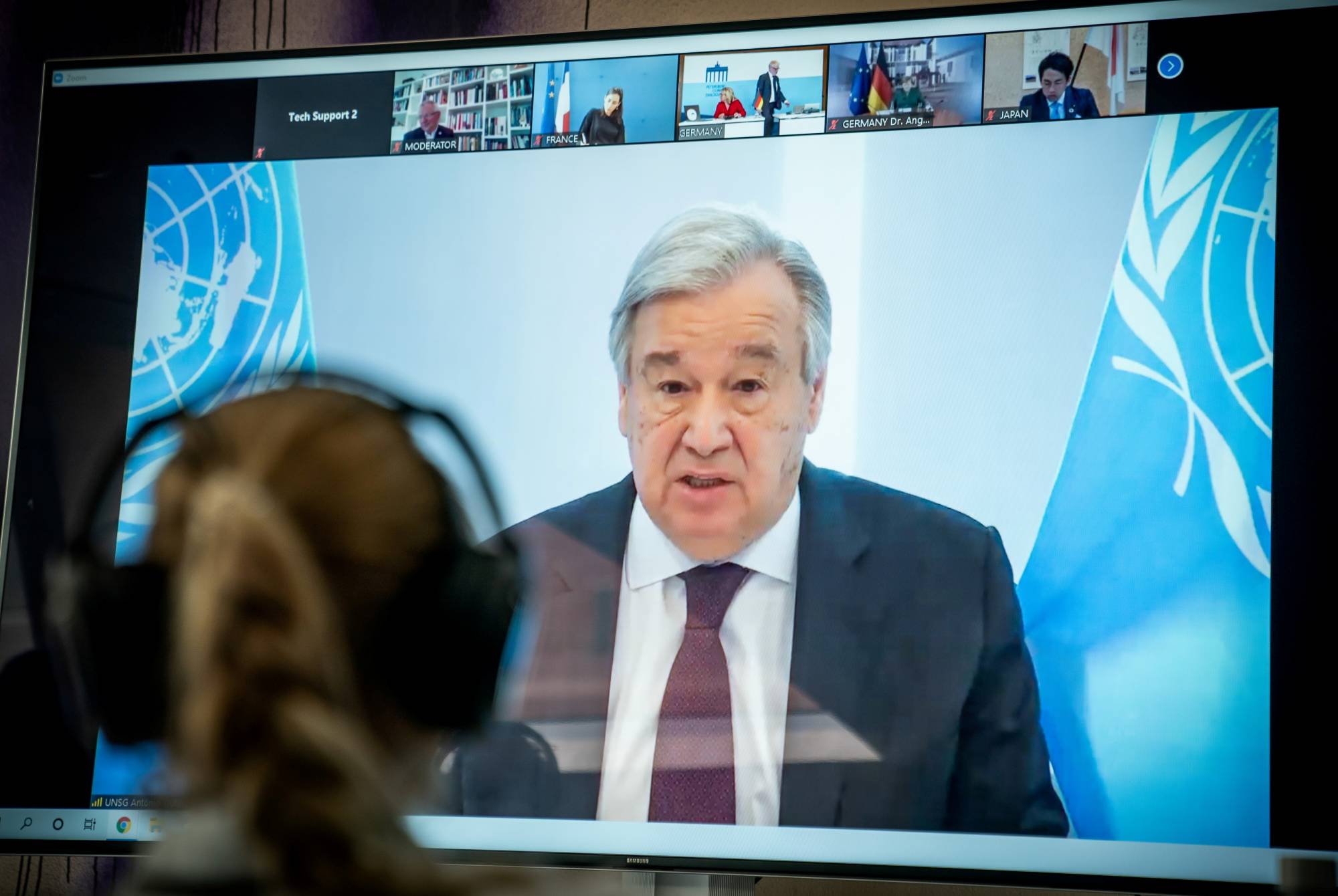There is a great global misalignment: At the very moment cooperation is more vital than ever to address urgent challenges, it is in decline.
In late June, referencing the fractured response to the COVID-19 crisis, United Nations Secretary-General Antonio Guterres warned that “there is total lack of coordination among countries.” Some have gone further, drawing on examples from history and comparing the global quest for a COVID-19 vaccine to the space race between the United States and the Soviet Union, where each side was looking to “win” at the expense of the other.
Though lamentable, it should not come as a surprise that the new coronavirus pandemic is showcasing a lack of global cooperation, and even opening a new frontline for competition. After all, the pandemic struck an already unsettled world — one in which profound shifts in power were underway and causing competitive instincts to overtake cooperative mindsets. But the virus can also serve to reset these instincts by reminding global actors that coordination is the key to advancing not just shared priorities, but also self-interests.



















With your current subscription plan you can comment on stories. However, before writing your first comment, please create a display name in the Profile section of your subscriber account page.